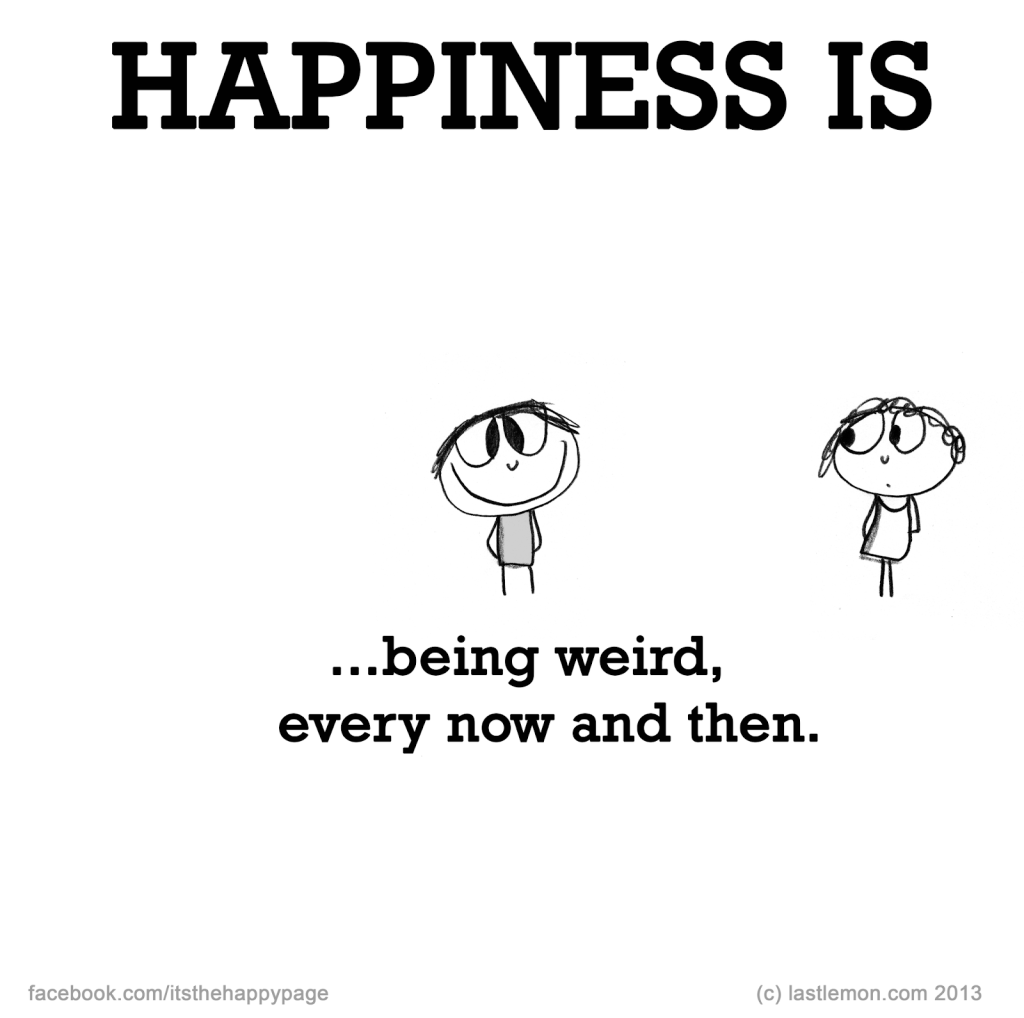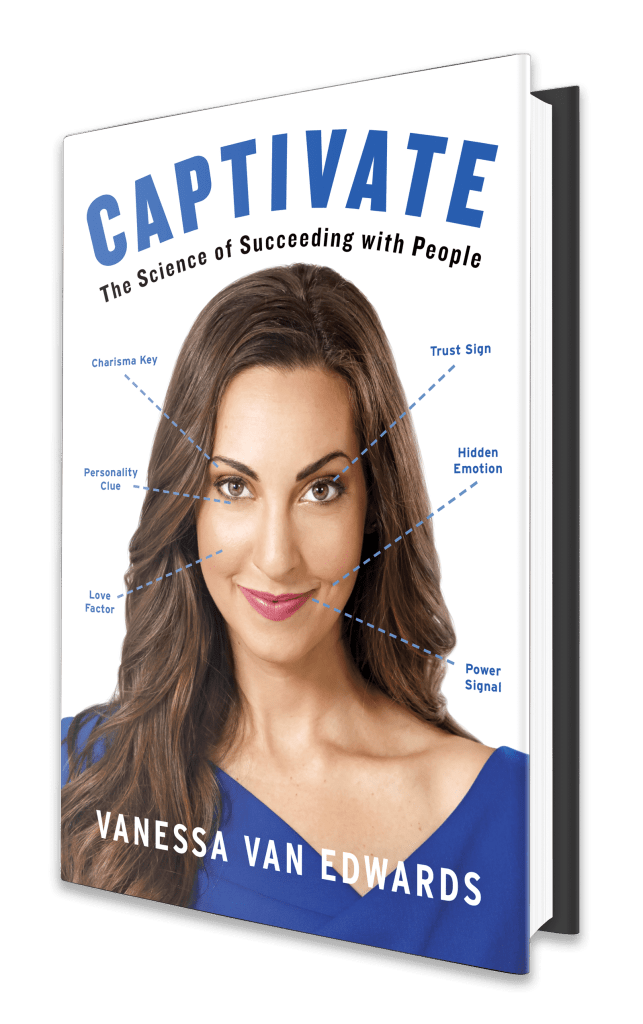Harvard University started a study in the 1930s to find out the reason behind human happiness and what keeps people going. Researchers gathered teenagers as well as sophomores from poor neighborhoods to participate in the study and tell the researchers what makes them truly happy.
And, surprisingly, the study has lasted over 75 years (and is still ongoing!) making it one of the most comprehensive happiness studies to date.
The secrets about happiness they found were surprising, to say the least. Here’s the TED talk by Dr. Robert Waldinger, the fourth director of the study:
The Longest Study on Happiness: What Researches Found
The initial phases of the study found something interesting:
80% of all millennials believed that getting rich could be a major source of happiness in their life.
They even set wealth as a personal goal. Within this 80%, 50% of respondents said that becoming popular and famous was a major life goal for them and would bring them happiness.
But the interesting thing?
It wasn’t money or fame that lead to happiness.
It was social connectedness. People who were more socially connected to their community and friends turned out to be happier than others. They were also physically healthier and went on to live longer than others around them.
Additionally, people who lived lonely lives were generally less happy than others. You might think this is obvious, but they also lived shorter lives and their health declined faster than those with social connections.
Dr. Waldinger found that the quality of close relationships is better than the number of friends you have around you.
It is better to have a few close relations than to make a ton of friends.
Dr. Waldinger even explained that high-conflict marriages that don’t bring affection are perhaps worse than getting divorced.
The same long-term study on happiness has also revealed that good relationships literally protect our brains and our bodies. Being in a secure relationship with another person can help improve your memory and lead to better cognitive functions overall.
Steps to Build a Quality Relationship

So how do you go about building these great relationships? And is the hard work and effort actually worth the payoff? (according to science, yes!). Let’s dive in, starting with…
Find Your 5 People
Entrepreneur and author Jim Rohn once said, “You are the average of the five people you spend the most time with.” So if you’re spending time with happy people, you’ll be happy, too!
In a fascinating happiness study of over 5,000 individuals over 20 years, happiness was found to spread not only to a person’s friends but their friends’ friends and their friends’ friends’ friends as well! Furthermore, the study found that sadness DIDN’T spread as much as happiness.
Happiness is contagious.
Action Step: Take a look at the 5 people you spend the most time with.
- Who are they?
- Are they making you happy?
- Are they positive or negative influences in your life?
If they bring happiness to your life, great! Keep the relationship strong by having deep conversations and performing random acts of kindness.
If they are negatively impacting your life, consider identifying if they are a toxic person. Try reducing time spent with them or if you can’t, implementing one of the 9 conflict resolution tips to help de-escalate bad situations.
Ask Deep Questions
How’s the weather? The traffic seems busy today, right? Don’t you love the grass?
What do these questions have in common (other than they make you want to sleep)?
- Boring: there’s no excitement, and we’ve heard it a million times before.
- Brief: asking one of these questions might return you a one-word answer… if you’re lucky.
- Surface-level: you’re not going to learn a whole lot about someone’s personality or interests here.
Deep questions are critical to building relationships that matter. Luckily, there’s an easy way to ask deep questions (and break away from being on autopilot!).
Action Step: Starting today, pick one question from the list below to ask someone you know:
- What would constitute a perfect day for you?
- For what in your life do you feel most grateful?
- What is the greatest accomplishment of your life?
- What do you value most in a friendship?
- How close and warm is your family? Do you feel your childhood was happier than most other people’s?
Check out the list of 36 deep questions to really get to know someone. Pick a new question every day to ask your friends and family.
Pro Tip: Want more? Check out the best-selling book, Captivate to learn the secrets of mastering your people skills:

Succeed with People
Master the laws of human behavior and get along with anyone. Increase your influence, impact, and success.
Register below to get your FREE chapter of Captivate.
Set Aside Connection Time
About half of all Americans report having 3 or fewer close friends. And a big problem is we simply aren’t dedicating enough time for connection.
Yes, making connections with people can take work…
(And nobody wants extra work…)
But you can think of it as exercise—but for your social muscle! Even if you’re an introvert, plan to make social time with close ones at least 2-3 times a week.
Action Step: Find out how much time you typically spend in 24 hours by drawing a pie chart. You might start with one that looks like this:

As you fill out your chart, take into account things such as
- Sleeping
- Eating
- Working
- Studying or learning
- Exercising
- Relaxing
- Socializing
- Showering and grooming
- Traveling
As you fill out your pie chart, are you making enough time for socializing? A good goal to aim for is at least one hour per day—whether that’s a cumulative hour from chatting with your spouse, hanging with friends, or meeting new people.
Pro Tip: Not all social encounters are equal! Video calls can be great, but in-person interactions give us the most dopamine and build deeper connections. Make sure to spend quality face-to-face time with others when you can.
Understand Body Language
Are you really happy—not just faking it? We can avoid tricking ourselves into thinking we’re happy by understanding how fake happiness works.
Fake happiness is visible, and so are fake emotions.
Here are some signs a person is showing fake happiness:
- The eyes lack a Duchenne marker when they are smiling, indicating a fake smile.
- They may use their arms or other objects as a barrier to indicate they are closed-off.
- Their feet may be pointing towards the exit during your conversation.
In fact, fake happiness can even come in the form of contempt—the #1 predictor of divorce, according to The Gottman Institute. If you see contempt in a relationship, you might want to see if there are any underlying issues that should be addressed.
And if you’re really keen on learning body language, look no further than Cues:
Unlock the Secrets of Charisma
Control and leverage the tiny signals you’re sending – from your stance and facial expressions to your word choice and vocal tone – to improve your personal and professional relationships.

Invest in Being a Deep Communicator
Above all, being a great listener and speaker has its merits:
- Others will want to talk to you more because you actually listen, and
- You’ll have greater charisma and influence over decisions in your life.
Without proper communication skills, you are setting your relationships and bonds up for failure.
To really take your communication skills to the next level, join People School.
People School is the most advanced, science-backed people skills training course in the industry—and it’s all online. Whether you are an entrepreneur, manager, or simply looking for a way to build deeper relationships and happiness in your life, join People School to get ahead.
